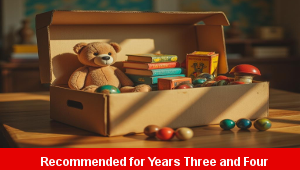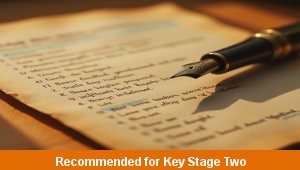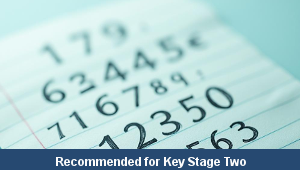English Year Six Spelling, Punctuation and Grammar Assessment Term Three

This English assessment teaching pack for Key Stage Two can be used to assess abilities in spelling homophones and words with prefixes and suffixes, punctuating sentences using colons and structuring sentences with the perfect form of verbs and active and passive voices.
The class can identify how to compose fiction and non-fiction texts using the spelling, punctuation and grammar rules.
Download this teaching pack including an assessment test and an evaluation activity to assess abilities in spelling homophones and words with prefixes and suffixes, punctuating sentences using colons and structuring sentences with the perfect form of verbs and active and passive voices
Activities in this teaching pack include an assessment test to assess abilities in using correct spellings, punctuation and grammar when writing sentences complete with a marking scheme and matching record sheet and a worksheet to help the children assess their own progress for the National Curriculum programmes of study about spelling homophones and words with prefixes and suffixes, punctuating sentences using colons and structuring sentences with the perfect form of verbs and active and passive voices.
This lesson is part of an English scheme of work to assess abilities in composing sentences for fiction and non-fiction using the correct spellings, punctuation marks and grammar vocabulary phrases. There are teaching activities for shared learning, differentiated worksheets to support independent learning and interactive presentations to introduce concepts and key skills.
-

Determinant Lists
Explain and model how to make lists of objects used and found in different locations to match the correct determinants of a and an
-

English SPAG Assessment
Assess abilities in composing sentences for fiction and non-fiction using the correct spellings, punctuation marks and grammar vocabulary phrases
-

Maths Arithmetic Assessment
Assess abilities in solving arithmetic number problems for addition, subtraction, multiplication and division when working with informal and formal written calculations
-

Environment
Identify and describe some of the special landscapes and locations that can be found in the world and reflect on how they can be protected and preserved for the future
